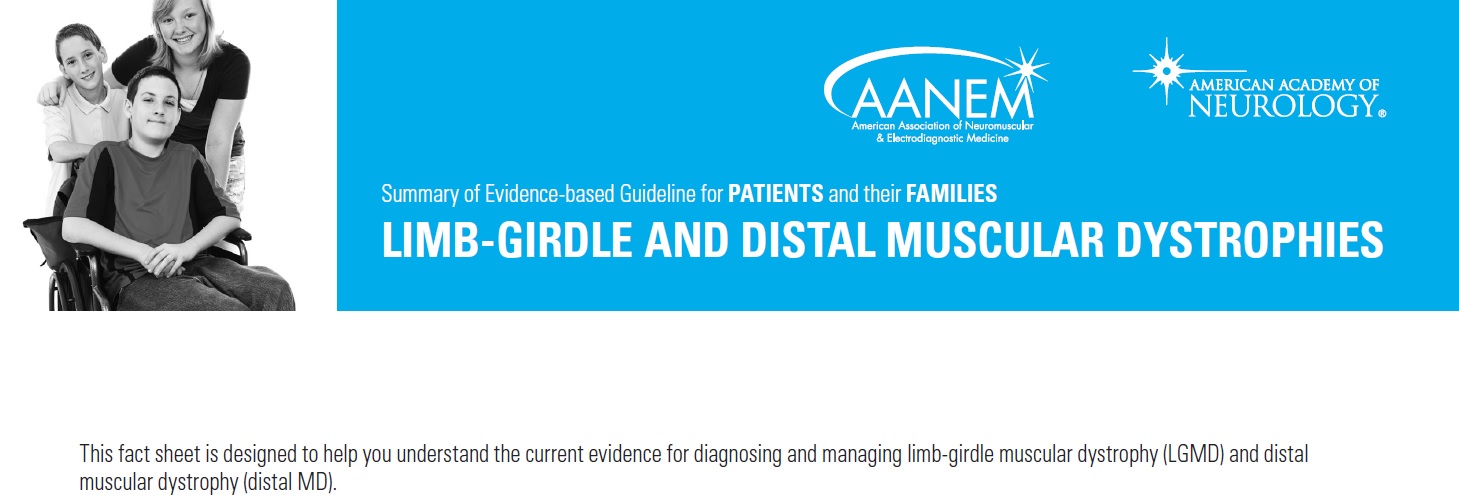Given that titin muscle disorders are rare, many clinicians have not heard of it and may not be aware of best practices to manage the symptoms. There is currently no cure for titin related muscle weakness, so affected individuals aim to manage the symptoms as best as they can to improve longevity and quality of life. There are some treatments available to manage a variety of heart conditions so please consult your cardiac care team for your best options.
To help families learn about and advocate for the best care there are some care guides available. There are several care guides below based on subtype.
The Care of Congenital Myopathy: A Guide for Families: This is a wonderful resource for families to learn more about getting the best care in a wide range of clinical areas. Click below for a PDF version of this document.
The Care of Congenital Myopathy: A Guide for Families is a comprehensive care guide developed for families and people with congenital myopathy (CM) in response to community requests for useful information. This work began as a translation into more easily understood language from the Consensus Statement on Standard of Care for Congenital Myopathies medical document that was published in 2012 by Wang and colleagues in the Journal of Child Neurology. As the guide for families took shape, it was apparent that the guidebook would include much more than basic medical information, since we had terrific input from the very people living with and caring for someone with CM. The family guide became testimony to many of the challenges, joys, concerns, and triumphs that are typical for those living a not-so-typical life. Our sincere appreciation goes out to everyone that contributed to what we hope will be an engaging, informative manual for families and individuals with CM.
You can click here to find the guide in Spanish, Polish and Russian.
Guideline for Limb Girdle Muscular Dystrophy (LGMD) – click here.

Heart care
Find a Specialist focused on heart care
Disease causing variants in the TTN gene can cause heart problems including disease of the heart muscle known as cardiomyopathy and/or irregular heart beats (atrial fibrillation and other irregular heart beats). It can be very helpful for people with TTN gene changes to see a special heart doctor known as a cardiologist. It may be beneficial to receive treatment from a medical center that specializes in cardiomyopathy or heart failure. It is important to note that not all cardiologists are specially trained in these two areas. You can find a specialist by going to www.medifind.com. Enter the patient’s zip code and “heart failure” as the condition, and a list of resulting providers that meet that criteria will be provided. You can read more about finding a specialist on the DCM Foundation’s page here: dcmfoundation.org
Global Heart Hub Heart Failure Friendly Guide
Based on the most recent ESC and AHA Heart Failure clinical guidelines, the GHH Heart Failure Patient Council developed a ‘friendly’ guide, designed to support individuals who have been newly diagnosed with heart failure, those who are living with the condition, and their caregivers.
By providing clear and concise information that is tailored to the patient’s needs, this guide can help individuals to understand the optimal care pathway for heart failure, inform their expectations, and encourage a more informed patient-doctor shared decision making. This will enable people with heart failure and their carers to better manage the condition, improve outcomes, and enhance the overall quality of life for those affected by heart failure.
Medical disclaimer: Information on this site is provided as an information resource only and is not to be used or relied on for any diagnostic or treatment purposes. Please consult with your personal treating medical team for professional diagnosis and treatment.